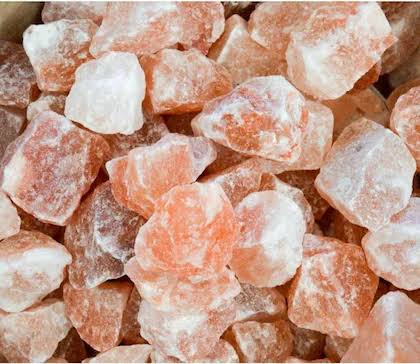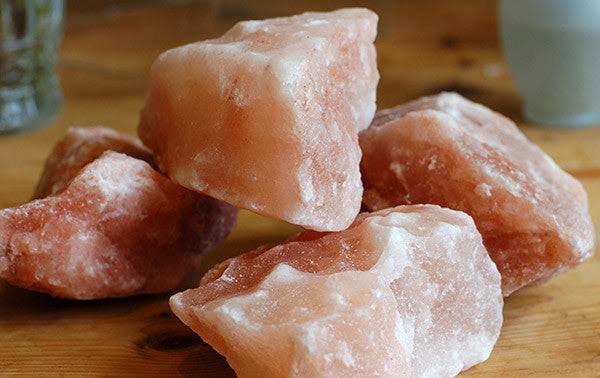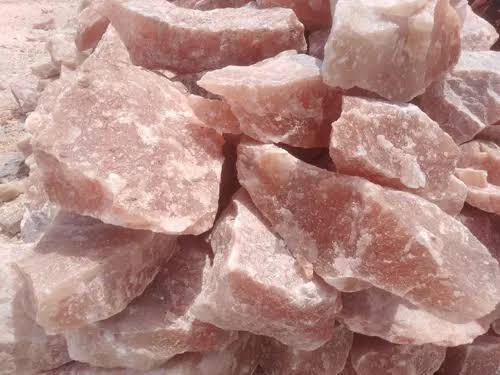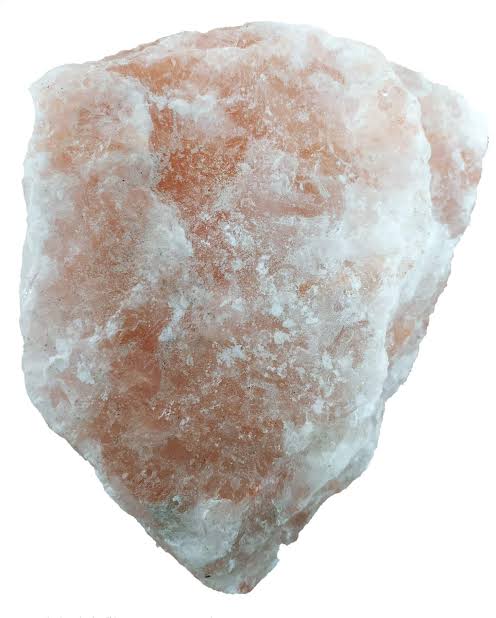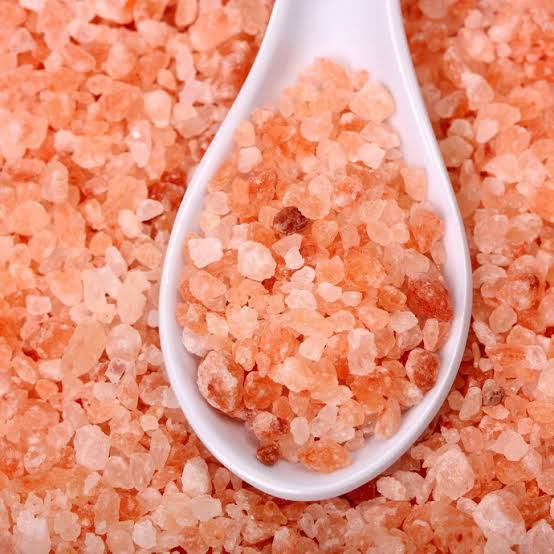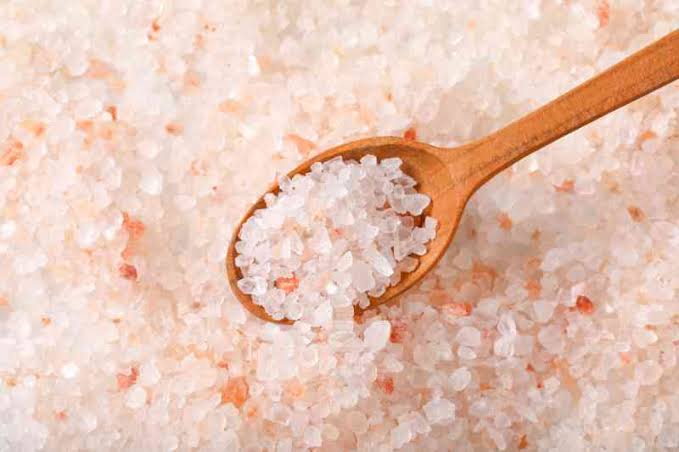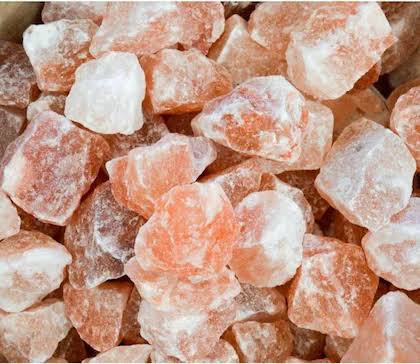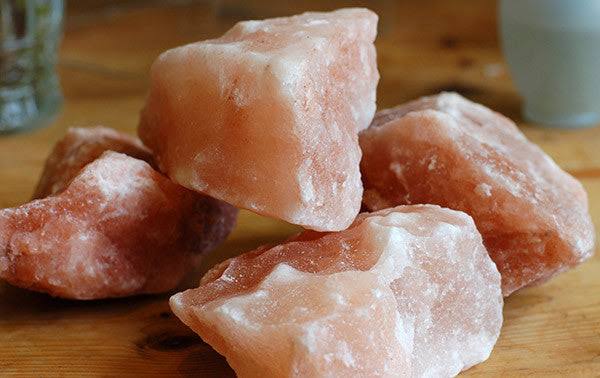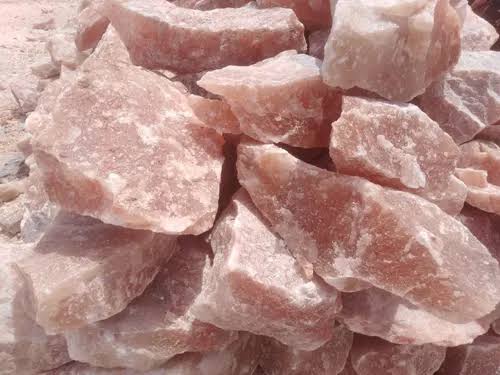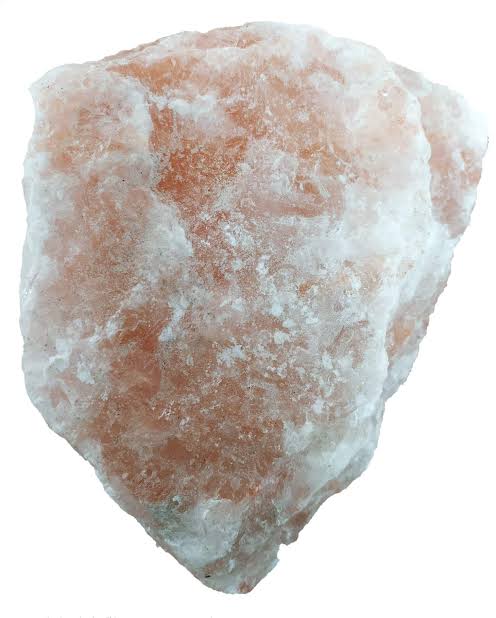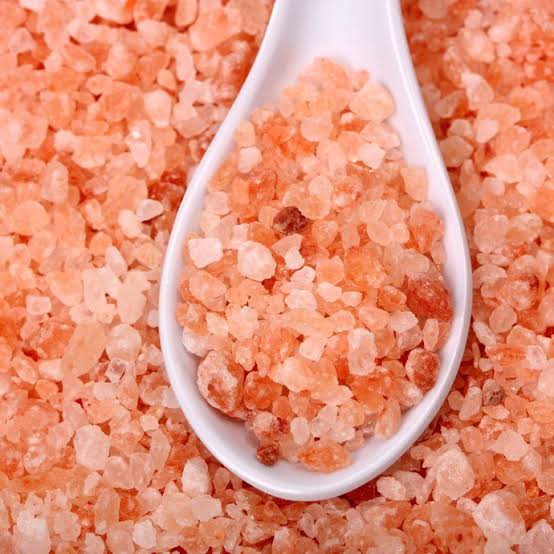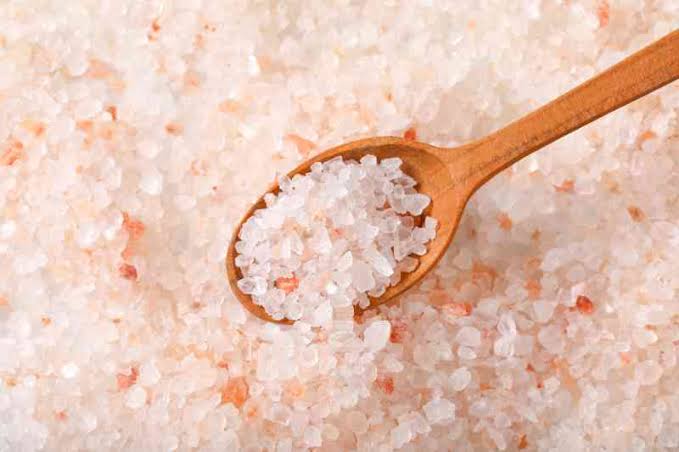1
/
of
6
SAYAN'S AQUATIC EMPORIUM
Aquarium Rock Salt
Aquarium Rock Salt
Regular price
Rs. 120.00
Regular price
Rs. 180.00
Sale price
Rs. 120.00
Unit price
/
per
Shipping calculated at checkout.
Couldn't load pickup availability
Rock salt is a sedimentary rock that's made of sodium chloride (NaCl). It's also known as halite.
Appearance
- Colorless, white, or other colors like pink, red, or gray
- Rough crystals
- Tastes salty
- Hardness less than glass
Formation
- Forms in beds of sedimentary evaporite minerals
- Formed when large lakes and seas dried up
- Can be hundreds of meters deep
Location
- Found in underground deposits worldwide
- Found in dry lake beds, inland marginal seas, and enclosed bays and estuaries in arid regions
Benifits of Using Rock Salt for freshwater fish/aquariums:
Rock salt, when used correctly in an aquarium, can provide several benefits to fish health, including: improving gill function, reducing stress, aiding in healing wounds, fighting certain parasites and diseases like ich, promoting slime coat production, and helping maintain electrolyte balance; however, it's important to use it with caution and in the correct dosage as not all fish species can tolerate high salt levels.
Key benefits of using rock salt in an aquarium
Stress reduction:
The minerals in rock salt can help alleviate stress in fish by mimicking their natural environment.
Improved gill function:
Salt can optimize gill function, allowing fish to breathe more efficiently.
Parasite control:
A small amount of salt can help combat external parasites like ich (white spot disease).
Slime coat production:
Salt can stimulate the production of a protective slime coat on the fish's body, which helps fight off infections.
Electrolyte balance:
Rock salt can help maintain the proper electrolyte balance in the aquarium water, crucial for fish health.
Wound healing:
Salt can aid in the healing process of minor injuries.
Important considerations when using rock salt:
Species compatibility:
Not all fish species can tolerate salt, so research is essential before adding it to your tank.
Dosage is key:
Always follow the recommended dosage based on your tank size and fish species to avoid harming them.
Use aquarium-grade salt:
Avoid using regular table salt, as it can contain additives harmful to fish.
Quarantine tank usage:
If treating a sick fish with salt, it's best to use a separate quarantine tank.
Other information
- The name halite comes from the Ancient Greek word for "salt"
- Rock salt contains trace elements like potassium, iron, calcium, zinc, magnesium, and copper
- The varying ratios of minerals give rock salt its different colors
Share
